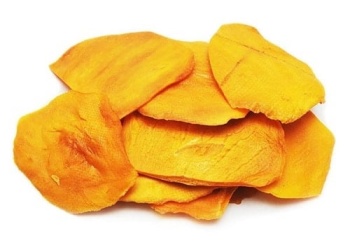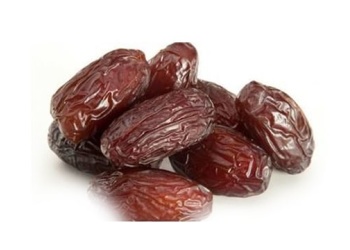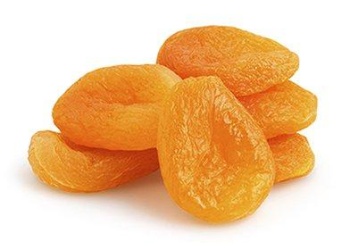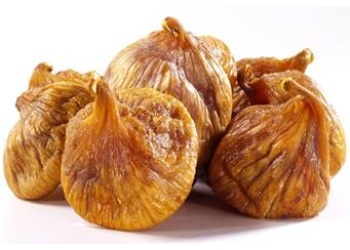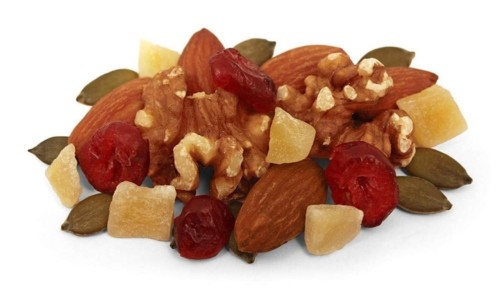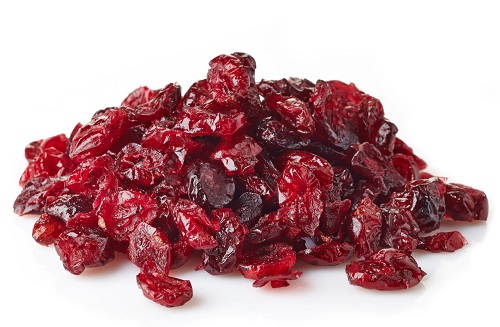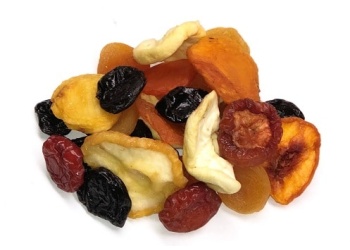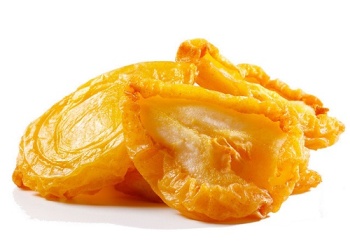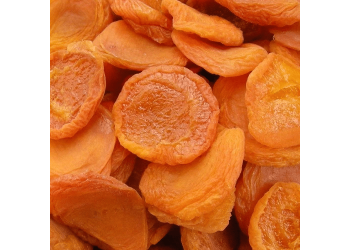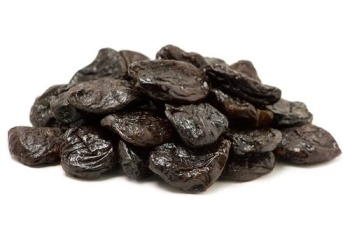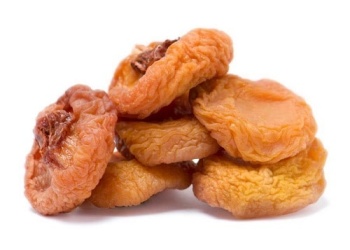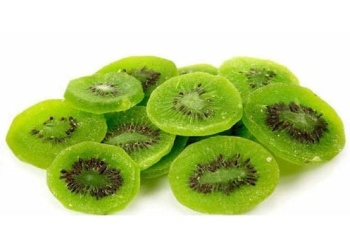- CALL US 877 221 NUTS (6887)
Showing 1–12 of 32 results
-
-
-
Semi Dried Apricots
$10.04 -
Turkish Figs
$9.24 -
Omega Health Trail Mix
$11.24 -
Dried Cranberries
$9.08 -
Mixed Fruit
$11.04 -
Dried Pears
$13.11 -
California Apricots
$19.24 -
Pitted Prunes
$8.10 -
Dried Peaches
$12.02 -
Dried Kiwi
$8.10
Dried Fruit can deliver many nutritional benefits, but not all varieties are created equal.
Dried fruit is certainly delicious, but its healthfulness honestly depends on the kind you choose. Dry fruit has a reputation for being fattening or loaded with sugar, but the truth is it can be a healthy addition to your diet.
To limit sugar and carbs, simply watch your portion size. When fruit is dried, it shrinks considerably. That’s why a quarter cup of dry fruit (about the size of a golf ball) is considered one serving, equivalent to one cup of water-filled fresh fruit.
Also, there’s no one standard way to make dried fruit. Some fruits are simply dehydrated, with only fluid removed and nothing added.
Despite any claims on the front of the label, the most important consideration when buying dry fruit is the ingredient list. Some contain only a single ingredient: the fruit itself. When that’s the case, it counts the same as fresh, only with a shrunken portion size. The drying process generally preserves nutrients, so it is a good source of antioxidants, vitamins, minerals, and fiber. Again, just be sure to aim for about a quarter cup as a portion, not a handful.


